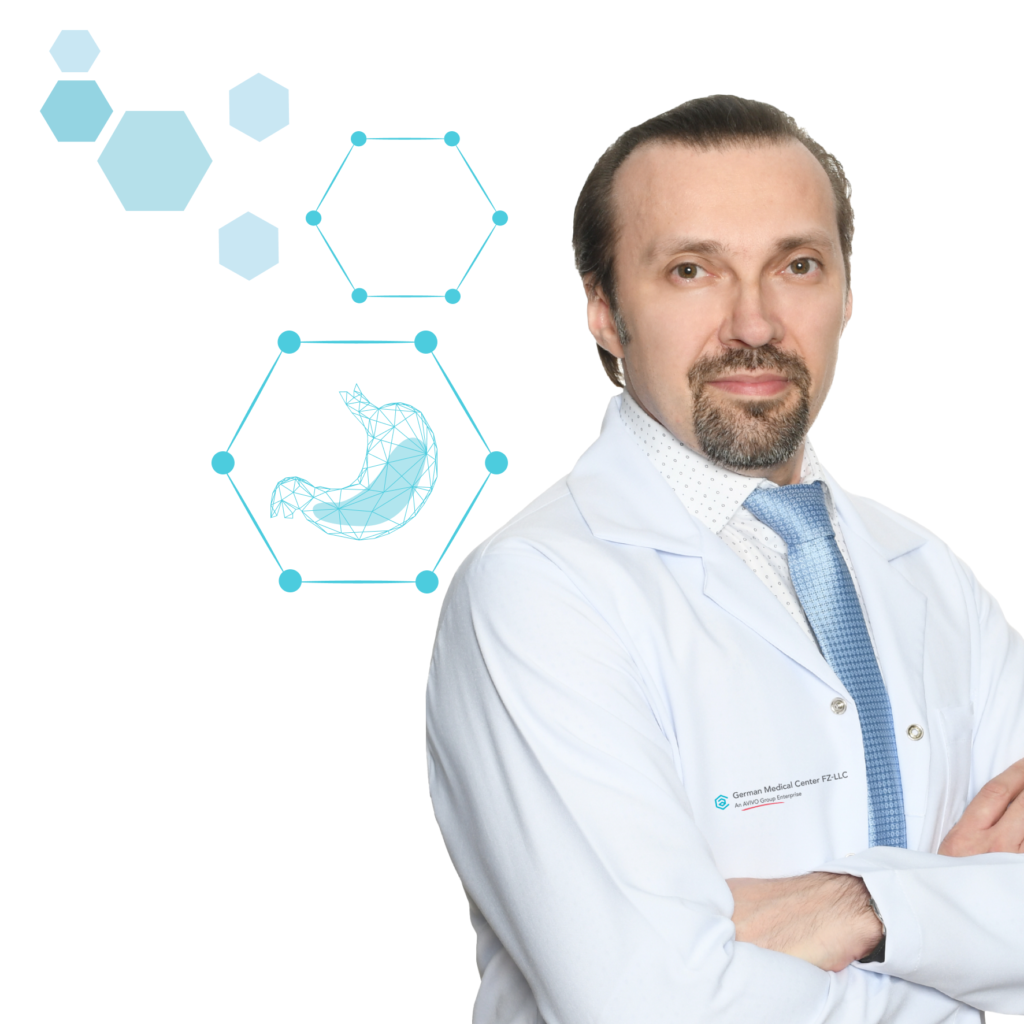
Dr. Sebastian Cuzincu
Gastroenterology and Internal Medicine
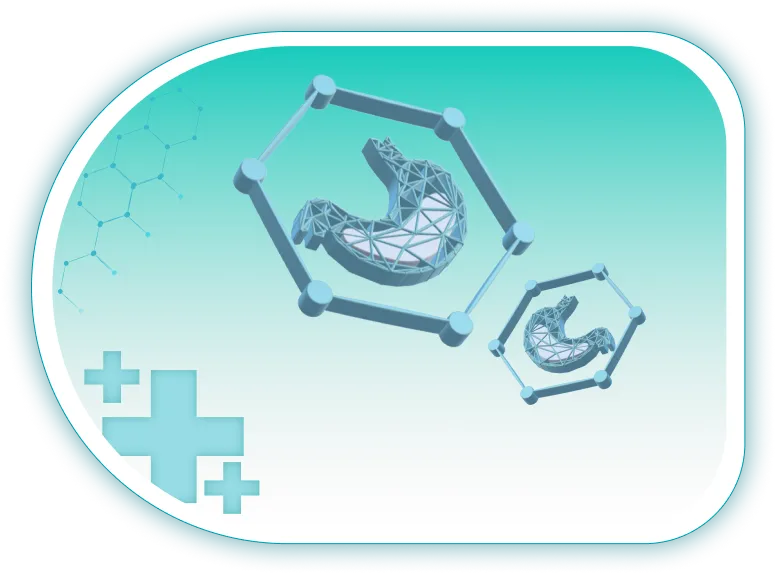




Facing fatigue, swelling, or jaundice? Liver cirrhosis is the result of long-term liver damage, leading to scarring and impaired function. At German Medical Center, our experienced specialists offer tailored treatments to manage cirrhosis and improve your quality of life. Don’t wait for symptoms to worsen—take action now and safeguard your liver health with expert care.
By booking an appointment with German Medical Center.
Our team of experts are passionate about providing only the best quality care and treatment to their patients.

Gastroenterology and Internal Medicine
The symptoms of liver cirrhosis can vary depending on the stage and severity of the disease, as well as the underlying cause. In some cases, early stage cirrhosis may not cause any symptoms at all. However, as the disease progresses and liver function deteriorates, the following symptoms may appear:
If you are experiencing any of these symptoms, it is important to speak with your healthcare provider as soon as possible to determine the underlying cause and to receive appropriate treatment. Early diagnosis and intervention can help prevent further liver damage and improve outcomes.
Causes for liver problems comes with a variety of factors that damage the liver over time. Some common causes of liver cirrhosis include:
It’s important to note that in many cases, cirrhosis is preventable through lifestyle changes such as reducing alcohol consumption, maintaining a healthy weight, and avoiding risky behaviors such as injecting drugs. If you suspect you may be at risk for liver cirrhosis, talk to your healthcare provider about steps you can take to protect your liver health.
The treatment for cirrhosis in liver depend on the underlying cause and the severity of the disease. The goals of treatment are to slow or stop the progression of liver damage, manage symptoms, and prevent complications. Here are some treatment of liver problems:
It’s important to work closely with a healthcare provider to determine the best treatment plan for your individual needs. Early diagnosis and intervention can help prevent further liver damage and improve outcomes for those with liver cirrhosis.
Gastrointestinal Stromal Tumor of Stomach (GIST) is a rare type of cancer that affects the digestive system, particularly the...
Crohn's disease is a chronic inflammatory bowel disease that can cause a wide range of symptoms that can vary in severity and...
Diverticulitis is caused by the formation of small, bulging pouches (diverticula) in the lining of the colon....
Appendicitis is a medical condition where the appendix, a small finger-shaped organ attached to the large intestine, becomes...
food poisoning can be a distressing condition that can leave you feeling miserable for days....
If you or a loved one has been diagnosed with achalasia, it's important to know that there are effective treatment options...
The first step in treating diarrhea is to identify the underlying cause...
If you are experiencing constipation, it is important to seek medical treatment for constipation from a qualified healthcare...
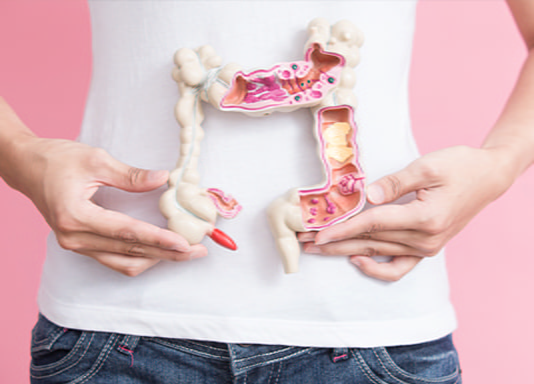
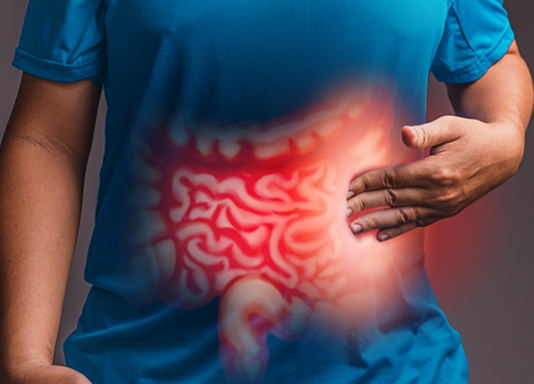
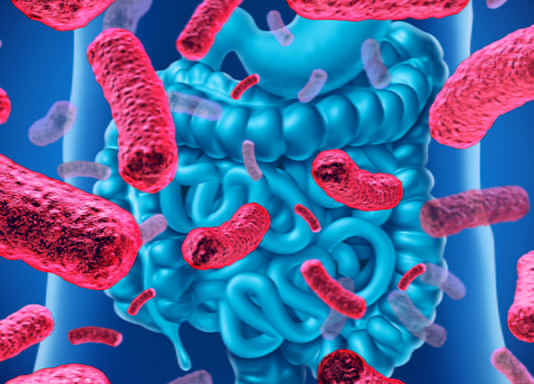


Partner with:
Partner with:


German Medical Center is one of the leading medical institution in Dubai formed by a group of specialists who are passionate about providing the personalized care tailored to the patient's unique needs.
Fill out our easy online form to book an appointment with German Medical Center. Our team of experts is dedicated to providing you with personalized care and guidance every step of the way. Don't wait, take charge of your well-being and schedule your appointment now!